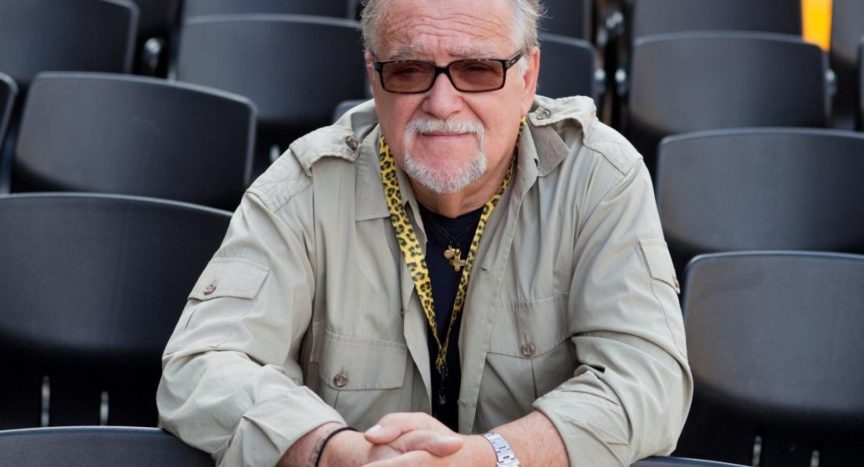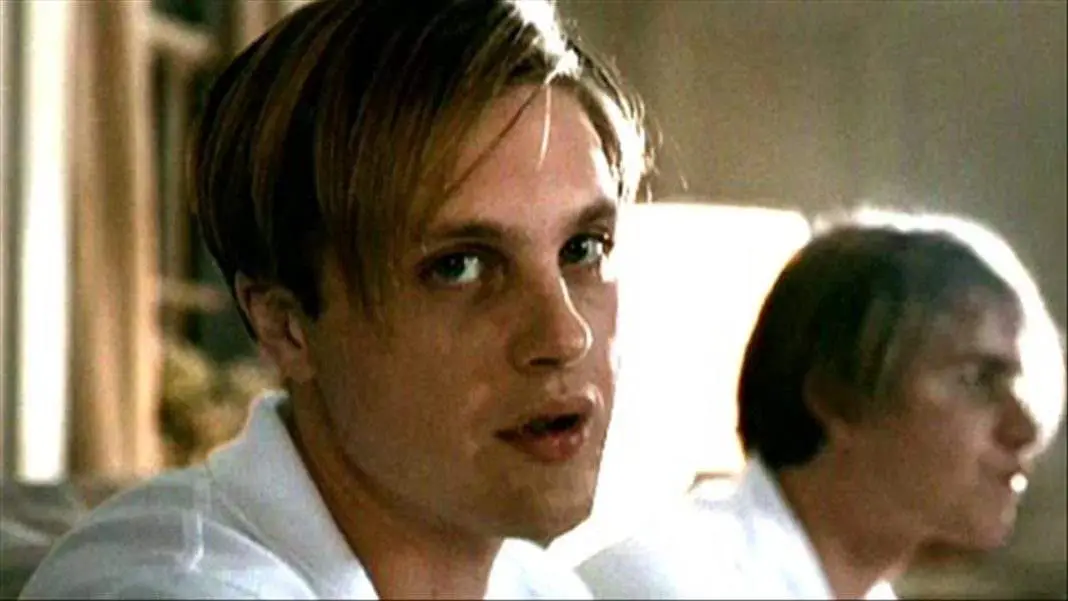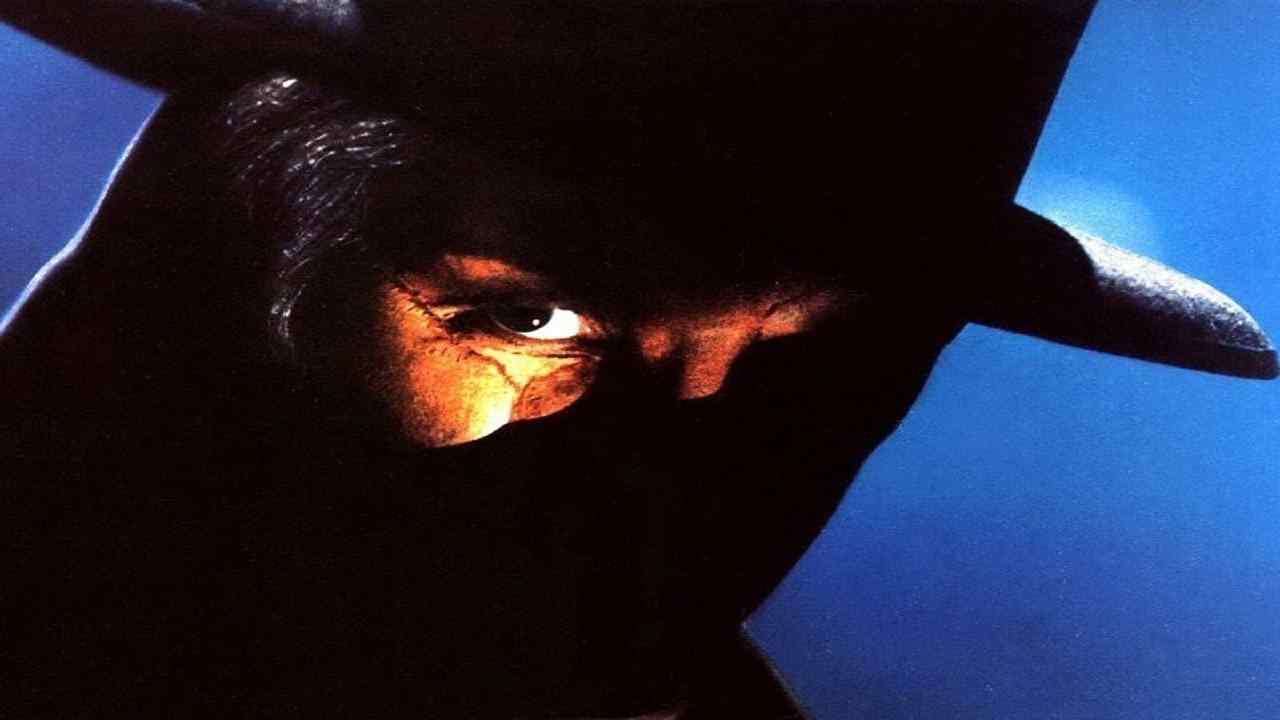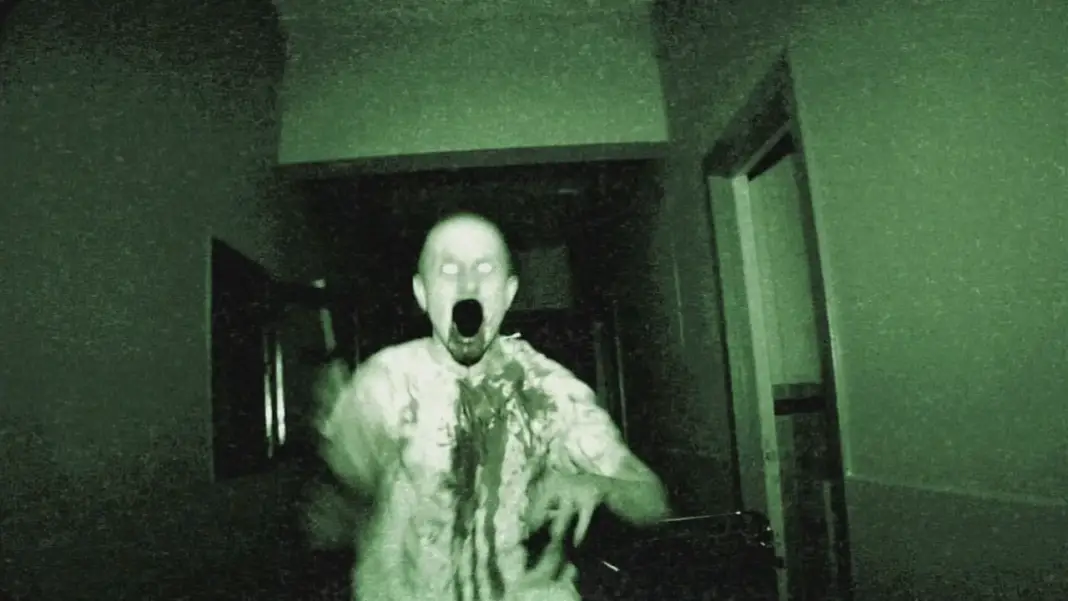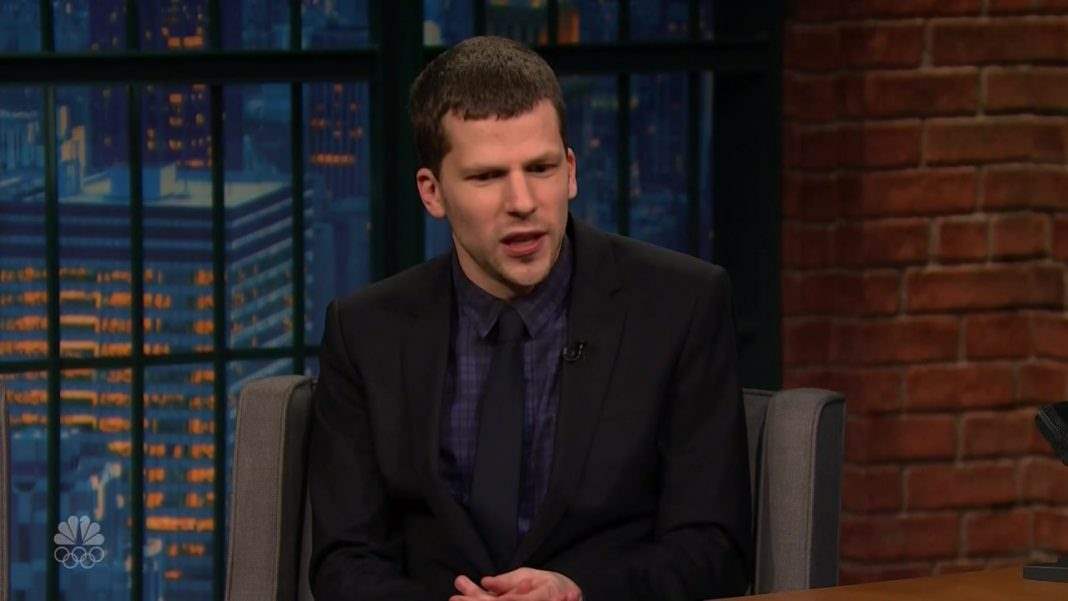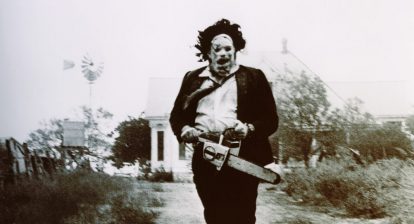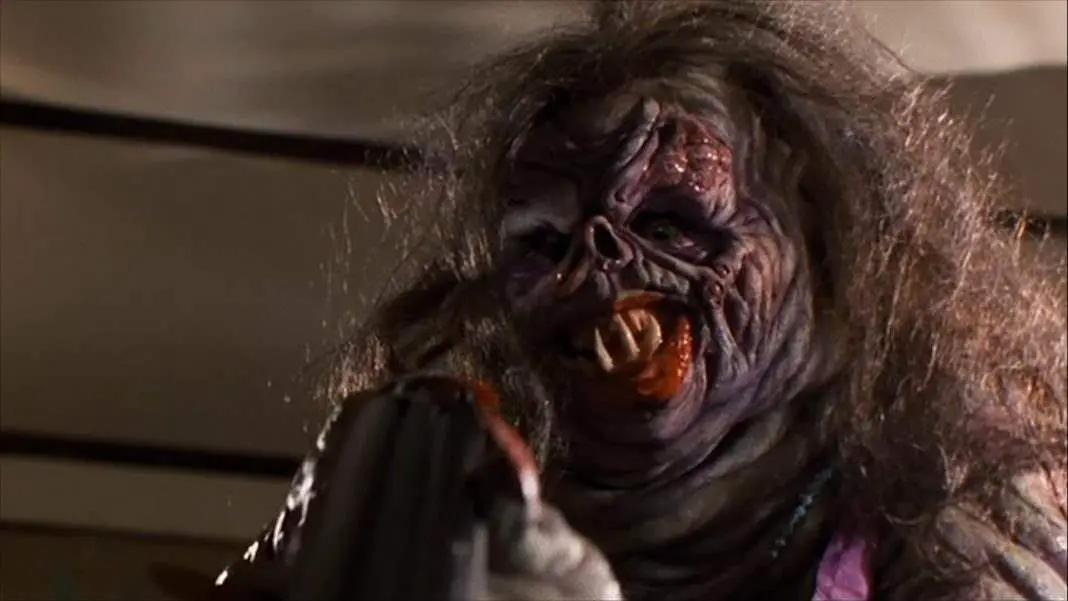We can all immediately call to mind the directors who are generally considered to be the masters of horror. Wes Craven, of course, was always one of the shining examples. John Carpenter, George Romero, David Cronenberg, Tobe Hooper, Joe Dante, John Landis, Stuart Gordon… these guys were excellent at what they did. Each one of them did everything in their power to earn that reputation and each one of them fought to make their place in the industry. They all deserve as much credit as they get and, in some cases, a whole lot more. Coming up in the 1970s and 1980s, these guys revolutionized the genre.
But there were a lot of horror movies in both the ‘70s and the ‘80s, coming from a lot of different directors. As great as the aforementioned filmmakers are, they’re only a handful of the noteworthy names to emerge from that era. While these guys were becoming known as the masters of horror there were so many other excellent directors, many with a bountiful output of noteworthy films who, for whatever reason, just didn’t get the same recognition.
Many of them should have. These were innovative, imaginative filmmakers who made the most out of their careers even when they weren’t given the best resources to work with. These are the directors who should have been right up there with Carpenter, Craven and the rest of the gang.
Fred Dekker
He only has a few directing credits to his name, but there are two he’s most known for and each of them on their own could easily be enough to qualify him as a master of the genre and a master of horror comedy in particular. The first, Night of the Creeps, is an excellent, fun-filled throwback to the B-horror movies of the 1950s. Then he did The Monster Squad, which is the perfect gateway for young fans into the genre and remains a classic to this day.

Steve Miner
Now here’s a director who really doesn’t get credit for anything outside of creating a convoluted timeline for the Friday the 13th series. But Miner is more than just the director who put Jason on the map with Friday the 13th Part 2 and 3. While those are widely considered to be among the best entries in the series, Miner also directed the cult classic House in 1986 as well as notable features like Halloween H20 and Lake Placid. He’s worked in plenty of other genres, doing TV most consistently, but these titles are more than enough to earn him a place in horror history.
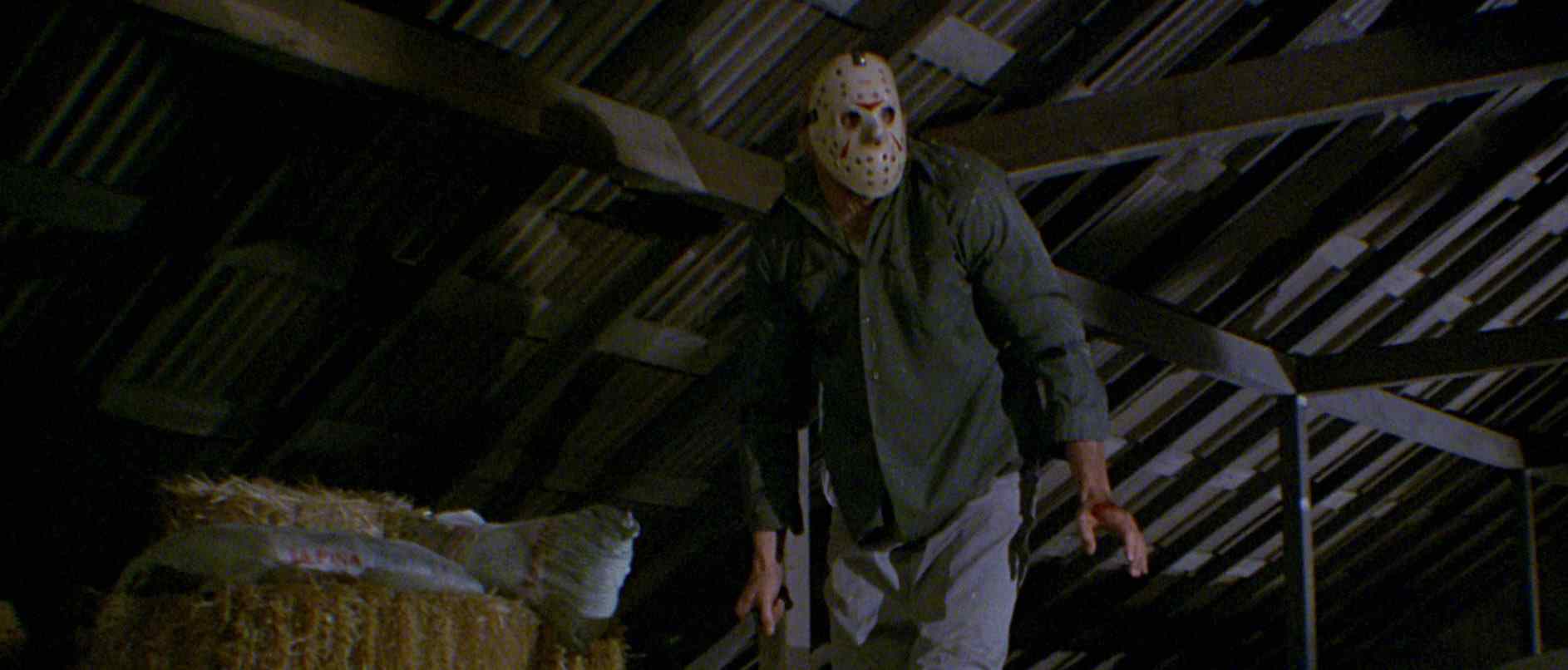 Lamberto Bava
Lamberto Bava
Living in the shadow of his father, the great maestro Mario Bava, Lamberto has a quirkier and campier style. But nonetheless he has enough films to earn him a place among the masters, particularly the outlandishly fun Demons and Demons 2. His giallo, A Blade in the Dark, also manages to stand on its own without aping his father’s style.
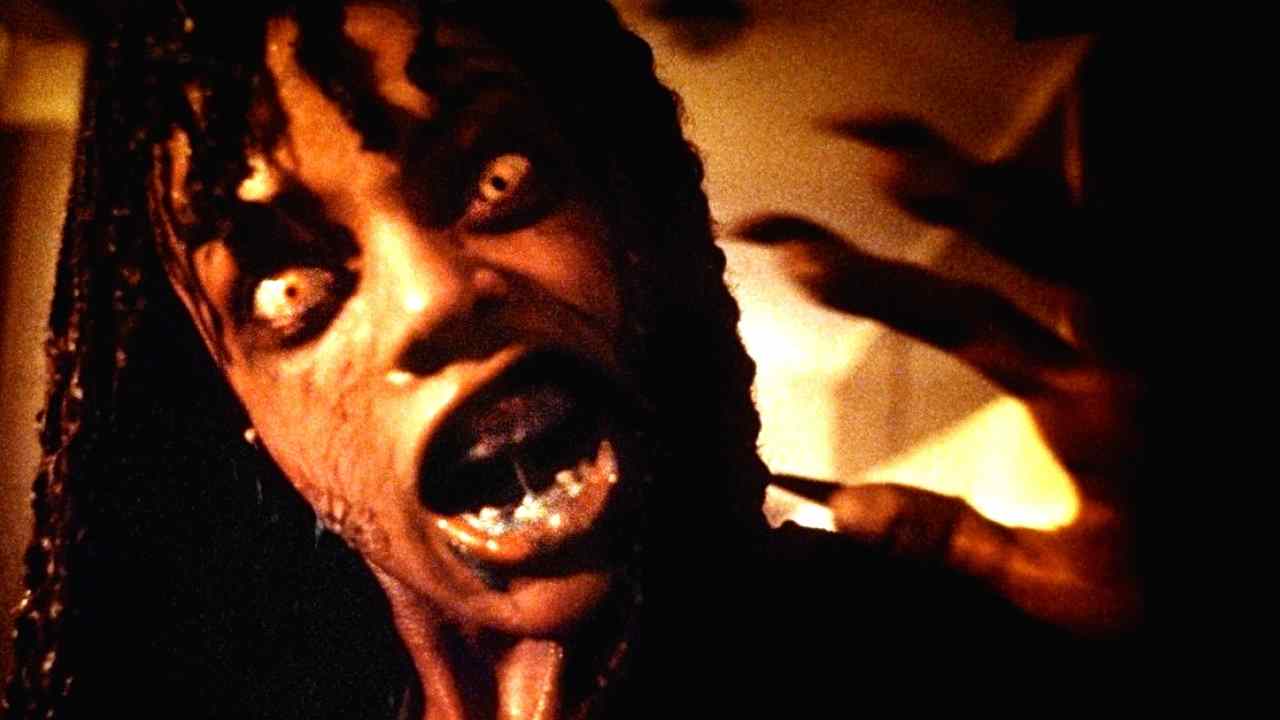 Brian Yuzna
Brian Yuzna
Yuzna’s had some hits and misses in his career, like every director, but he’s done some truly underrated stuff that should have at least garnered him attention among the horror crowd. Starting out with Stuart Gordon, producing Re-Animator, Yuzna then went on to direct the sequel, Bride of Re-Animator. From there, he went on to direct the outlandish body horror film Society as well as the supremely underrated Return of the Living Dead 3.
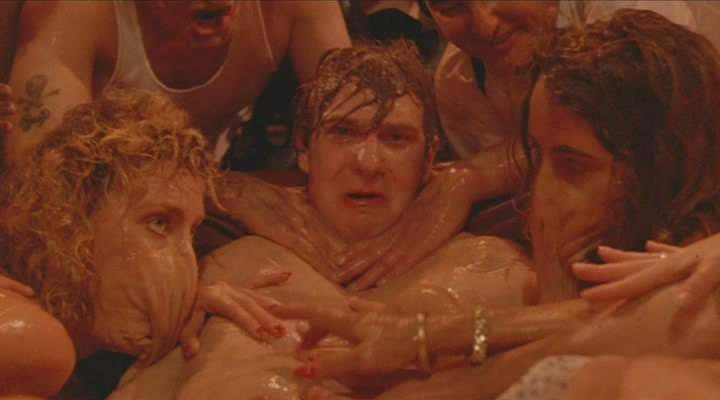 Tommy Lee Wallace
Tommy Lee Wallace
I’m almost surprised that Wallace isn’t known as a master of horror simply for directing the TV miniseries IT, considering the massive following that project has. But IT is far from the only noteworthy effort he’s been behind, having also directed Halloween III: Season of the Witch—which has developed its own cult following, Fright Night Part II, and numerous others. He also wrote Amityville II: The Possession, which is a much darker and scarier film than the original.
Related Post: Why ‘Amityville II’ is the Most Effective of the Franchise
Stay up to date. Follow us on Twitter and Facebook!
